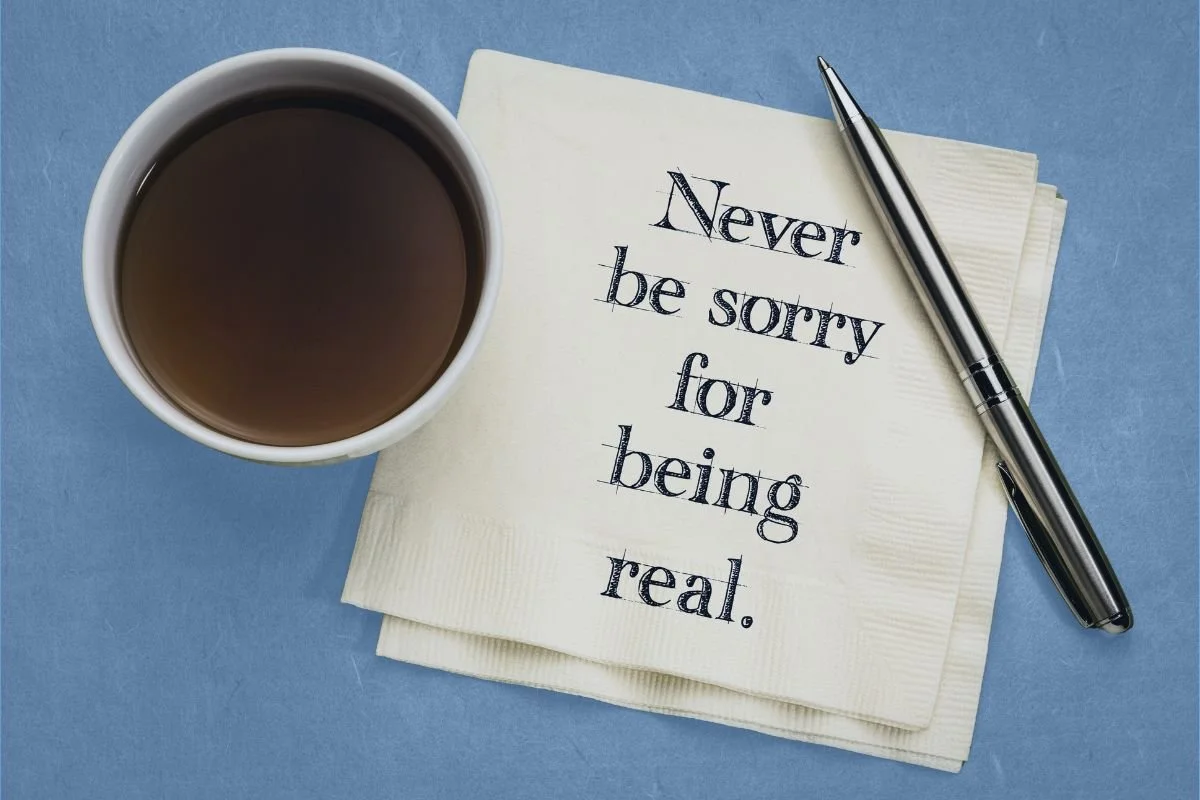Your Sound, Your Story: Why Artists Must Embrace Their Authentic Edge
The music streaming wars have created a paradox. While artists have unprecedented access to global audiences, standing out has become nearly impossible. With over 100,000 tracks uploaded to Spotify daily, the competition isn't just fierce—it's mathematically overwhelming.
Yet some artists still break through. The difference? They stop trying to fit in and start betting everything on what makes them irreplaceable.
The Authenticity Advantage in a Crowded Market
Today's music consumers are drowning in choices but starving for connection. They can detect manufactured authenticity from miles away, which is why industry plants often flame out while genuine artists build devoted followings.
Consider the trajectory of Tyler Childers. His Appalachian storytelling and mountain twang could have been seen as too regional, too specific. Instead, his unwavering commitment to his roots created a sound so distinct that major labels came calling. He didn't chase Nashville's trends—he made Nashville chase his.
The same principle applies across genres. Billie Eilish's whispered vocals and dark pop aesthetic defied radio conventions. Rather than conforming, she doubled down on her moody, intimate style and redefined what pop stardom could look like.
Uncovering Your Artistic DNA
Most artists struggle to identify their unique elements because they're too close to their own work. Here's a systematic approach to discovering your authentic edge:
Analyze Your Musical Heritage Map out every influence that shaped your sound, including the unexpected ones. Maybe you're a folk singer obsessed with trap beats, or a metalhead who grew up on Motown. These seemingly contradictory influences often create the most compelling artistic identities.
Document Your Origin Story Your background isn't just biographical detail—it's branding gold. Growing up as the only Black kid in a country music town, being a classically trained pianist who fell in love with punk rock, or learning guitar to cope with anxiety—these experiences create narrative threads that audiences can follow and remember.
Study Your Live Performance Feedback Pay attention to which songs get the strongest reactions and what people say afterward. If audiences consistently mention your energy, your vulnerability, or your humor, that's data about your natural strengths.
Identify Your Lyrical Obsessions What themes do you return to repeatedly? Small-town claustrophobia? Failed relationships? Social justice? Your recurring subjects reveal your authentic voice far better than forced attempts at topical songwriting.
The Economics of Standing Out
Being different isn't just creatively fulfilling—it's economically smart. In a saturated market, differentiation is the most reliable path to profitability.
Generic artists compete on price and promotion. Unique artists create their own category, which allows them to:
Command higher ticket prices for shows
Build merchandise sales around distinctive visual branding
Attract sync licensing opportunities for their specific sound
Develop multiple revenue streams through brand partnerships that align with their identity
Think about how Dolly Parton monetized her larger-than-life persona beyond music, or how Johnny Cash's "Man in Black" image became inseparable from his artistic and commercial success.
Strategic Implementation of Your Unique Brand
Visual Consistency Across Platforms Your uniqueness should be immediately recognizable visually. This doesn't mean expensive photo shoots—it means consistent aesthetic choices that reflect your artistic identity. Whether it's always wearing vintage band tees, shooting in black and white, or incorporating specific color schemes, visual consistency makes you memorable.
Content That Reveals Process, Not Just Product Share the unglamorous moments. Show your songwriting process, your rehearsal space, your pre-show rituals. Audiences crave behind-the-scenes authenticity, and this content costs nothing to produce while building deeper connections.
Collaborate Within Your Lane Instead of chasing collaborations with bigger names in different genres, focus on building relationships with artists who complement your unique sound. These partnerships often feel more organic and help solidify your artistic identity rather than diluting it.
Geographic and Cultural Specificity Don't shy away from references to your hometown, regional slang, or cultural touchstones. These details might exclude some listeners, but they'll create stronger bonds with those who connect. Regional specificity often translates to universal themes when executed with skill.
Navigating the Discomfort of Authenticity
Betting on your uniqueness means accepting that you won't be for everyone. This can feel counterintuitive in an industry that often measures success by reach and streams. But consider the alternative: competing directly with thousands of artists making similar-sounding music.
The most successful independent artists often describe a turning point where they stopped trying to appeal to everyone and started serving their core audience exceptionally well. This focused approach typically leads to:
Higher engagement rates on social media
More passionate live audiences
Stronger word-of-mouth promotion
Better press coverage (journalists notice distinctive artists)
More meaningful industry relationships
Building Long-Term Career Sustainability
Trends have shorter lifespans than ever, but authentic artistic voices can sustain decades-long careers. While viral moments might provide temporary boosts, sustained success comes from consistently delivering your unique perspective across multiple projects and platforms.
The goal isn't just to be noticed—it's to be irreplaceable in the minds of your audience. When fans think of your particular combination of sound, story, and style, no other artist should come close to matching that association.
Your Next Move
Start with brutal honesty about what you're currently doing to fit in rather than stand out. Are you chasing playlist placements by making your sound more generic? Are you hiding parts of your story because they seem unmarketable? Are you copying the social media strategies of artists who sound nothing like you?
The market doesn't need another version of what already exists. It needs the first version of what you uniquely offer.
Your story, your sound, your perspective—these aren't obstacles to overcome in pursuit of mainstream success. They're the foundation upon which lasting careers are built.

